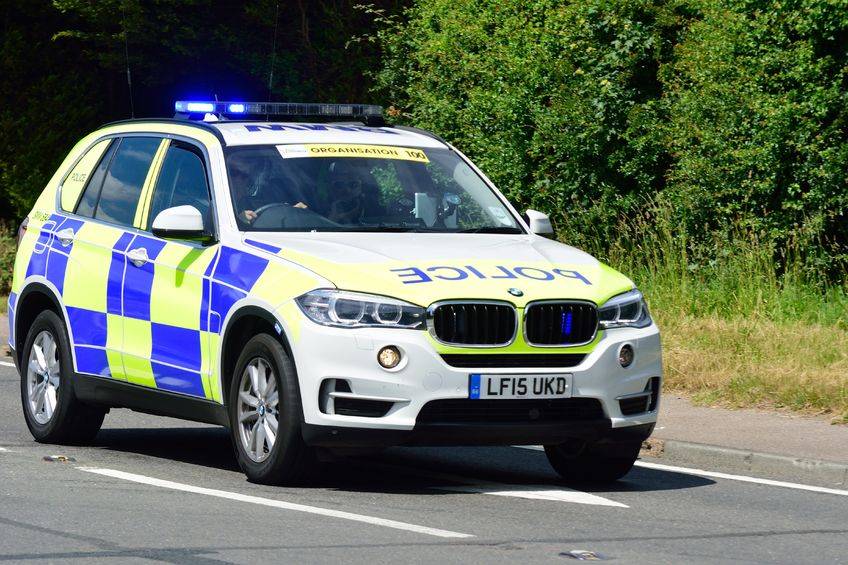
Five police forces covering 6,500 square miles of northern England have come together in the largest rural policing operation of its kind.
Dozens of officers and volunteers from Cleveland, Durham, Lancashire, Northumbria and North Yorkshire took part in Operation Checkpoint.
The campaign sought to target criminals who use road networks to offend in rural areas, and providing reassurance and crime prevention advice to residents.
The Operation aimed to gather intelligence on cross-border offenders, as well as provide high-visibility reassurance to local communities, and prevent and disrupt criminal activity through intelligence-led patrols and the use of the Automatic Number Plate Recognition (ANPR) network.
Officers conducted numerous reassurance patrols, and proactive crime prevention visits to farms and other rural businesses, in the run up to and during the enforcement phase of the operation.
The NPCC Rural Affairs Strategy identified that organised crime groups target rural communities across a range of crime types – including farm machinery, plant and vehicle (FMPV) theft; livestock theft; and poaching.
Rural areas are perceived as ‘soft targets’, with criminals using minor roads and travelling long distances to reduce the chance of detection.
Hundred stop checks
The police operation ran throughout with each force providing officers and specialist resources for their own areas.
In total, there were over a hundred stop checks conducted between forces, resulting in 15 searches, three vehicles seized, and one arrest for theft in the Cleveland area.
Numerous pieces of intelligence were submitted, gathered from interaction with rural communities and more than 50 farms were visited to offer reassurance and crime prevention advice.
Inspector Jon Grainge, of North Yorkshire Police’s Rural Taskforce said: “Operations like Checkpoint send a clear message to criminals – we will not tolerate their offending in our rural areas. Forces will continue to work together, not only to disrupt criminal activity, but also to provide reassurance and support to local residents and businesses, and keep them safe.
“By working together across force borders we can share information and identify criminals wherever they are from and wherever they are going. And by drawing on the expert local knowledge of our invaluable Rural Watch volunteers, we can respond immediately to suspicious activity,” he said.
